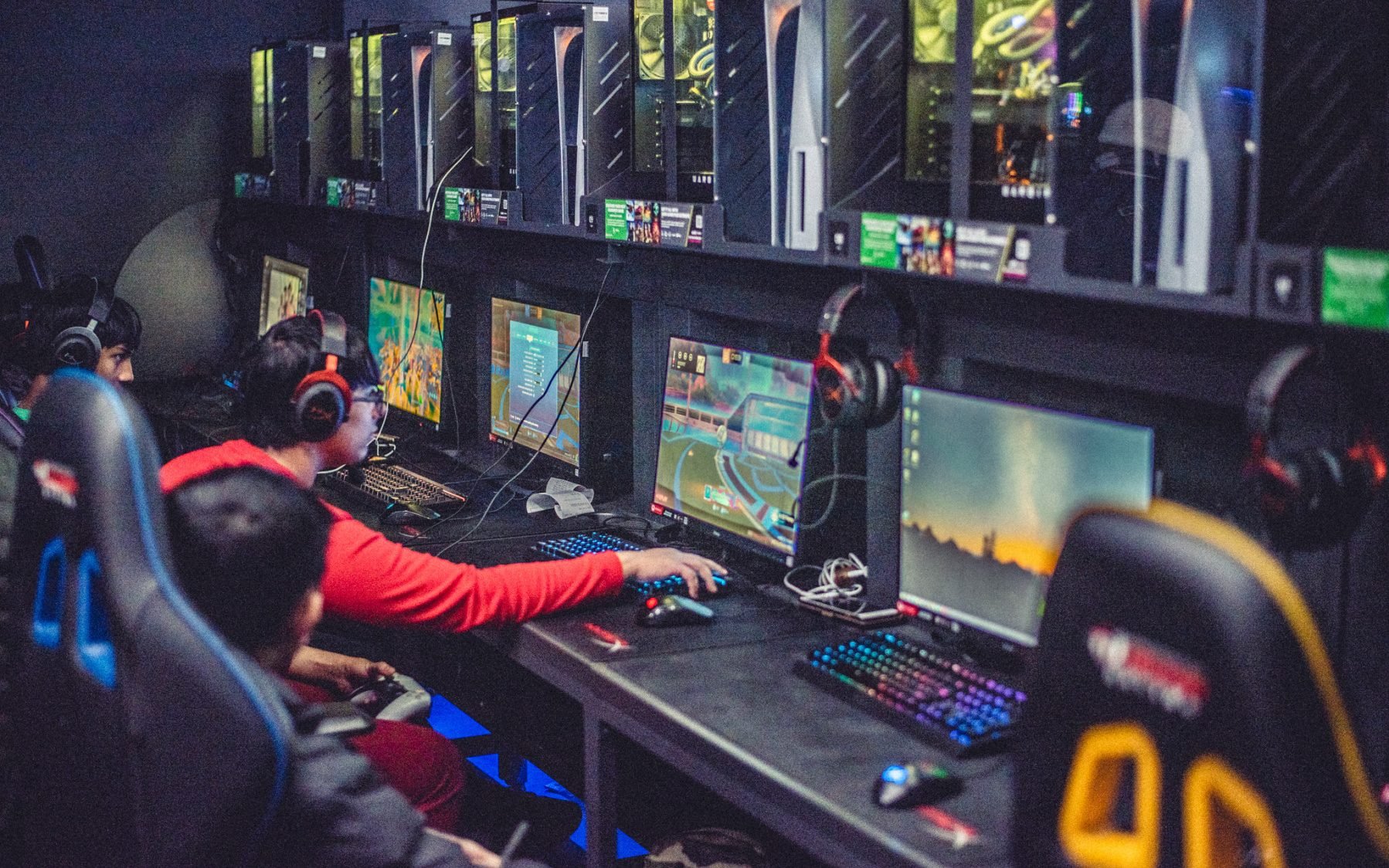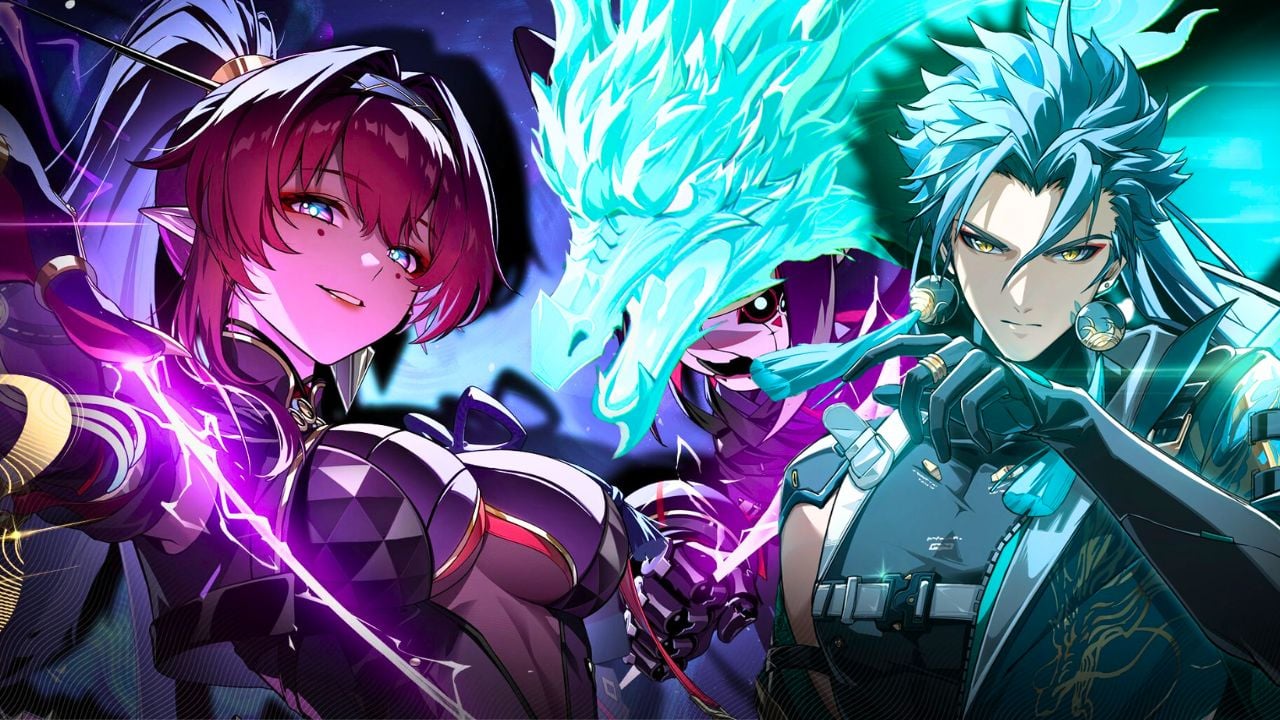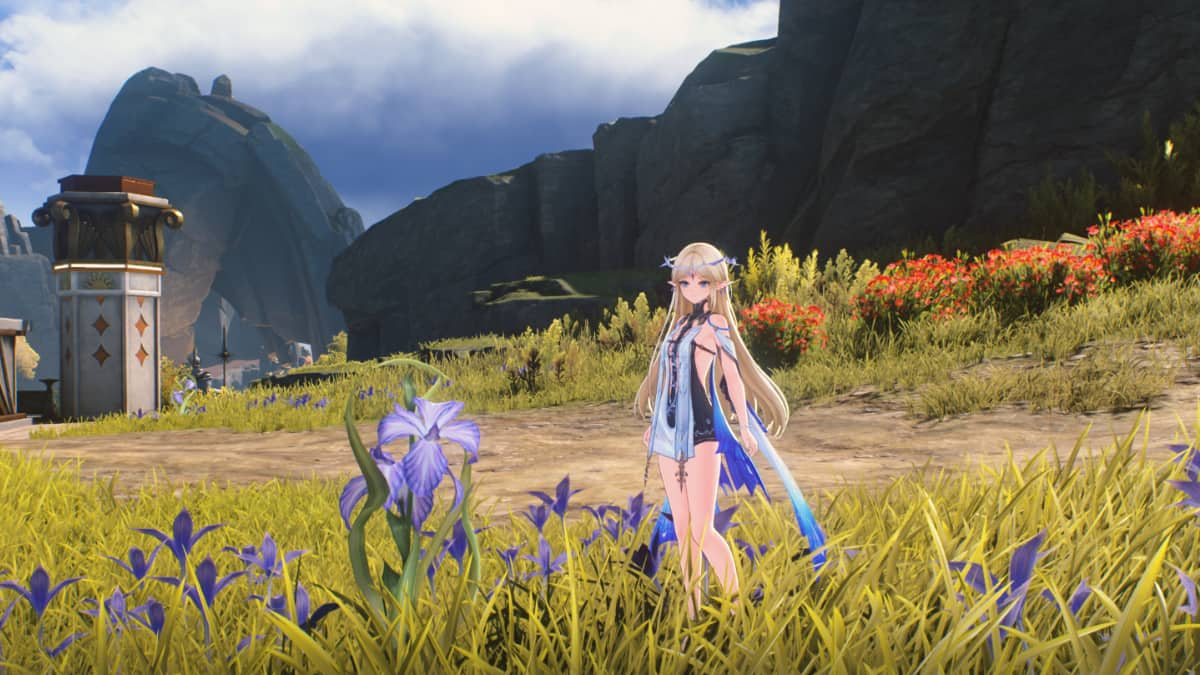
What can be done to grow the UK’s esports scene?
Image credit: Access Creative College
The UK will host a fair share of large esports events in 2024, with League of Legends Worlds, ESL One Birmingham 2024 and Blast Premier Spring Final taking place in the country.
Alongside an ever-growing number of educational institutions across the country embracing esports, it seems like UK esports is growing in popularity at a rapid pace. However, these developments bring an interesting number of challenges, opportunities and discussions about the regional health of its esports ecosystem.
Esports Insider sat down for a brief talk with Michael Carne, Games and Esports Lecturer at Access Creative College, and Jack Fenton, Esports Insider’s Head of Sales and Partnerships, to delve deeper into the overarching topic of UK esports developments.
Esports events calendar 2024: Major leagues and tournaments
Red Bull unveils women’s VALORANT event in the UK
British Esports and NSPCC secure multi-year partnership
Both Carne and Fenton will also be discussing this crucial topic at Access Creative College Plymouth on April 23rd.
According to Carne, the esports industry in the UK is currently in a very interesting situation, with a large number of grassroots events taking place, and a lot of opportunities for young people across different sectors and levels of education. Fenton echoed the statement, adding that, while the ‘esports winter’ is in full swing, the UK is seeing a major influx of events in the country that are sure to help grow its popularity. This year, almost every single major esports title is hosting at least one event in the UK, which would be unheard of just a year or two ago.
This influx of events also means that more local talent is needed. This is where esports educators in the country could prove to be valuable in the future.
“Right now a lot of the industry is filled with people moving across from other professions, especially in the behind-the-scenes of esports,” said Carne. “But the more skilled and qualified people who have a passion and interest in esports the better! Furthermore, it will allow esports to be taken more seriously than it currently is.”
What skills are needed?
Debating what skills are required in the esports industry has always been a topic of discussion amongst those who have an active part in it. For Fenton, esports is full of entry-level roles and people trying to find work on the premise of ‘loving games’, which is simply not enough. He added that one needs to understand the complexities of the industry at a macro level, while also having a surface-level understanding of most key roles. This needs to be topped off with an idea of a role you would like to do and that you are an expert in. That makes for a very good hire and a very good position to be in.
Carne added that ‘passion and hard work’ is cherished as extremely important in esports, however cliche that might sound. In addition, any potential new hires need to have an understanding of the role they want to play in the industry and aim to have the skills needed.
However, just having skills with no experience is not an ideal strategy. Carne added that ACC has a healthy relationship with esports organisation Fnatic that allows its students to get first-hand experience. Still, the UK could definitely make use of more ways to provide first-hand experience for students and those entering the industry.
“We could definitely do with more places to get first-hand experience! If companies would run tournaments in the UK they would make an excellent opportunity for learners to get engaged,” Carne added.
“I’d say our biggest challenge is actually having the courses taken seriously. A lot of people think of esports and think it’s just playing games or a fad when actually there are loads of job roles opening up for young people and the industry is growing constantly.“
Building UK esports
Image credit: Access Creative College
Large esports events can kickstart major moves in the UK esports industry. However, tournaments must be treated correctly to effectively deliver these tournaments to fans in attendance and those watching online.
Fenton argued that these events need to perform, especially given how difficult it is to host international competitions in the UK.
“This all happening despite the complications Brexit has caused for a lot of international competitors (VISAs etc) and for operational costs, just shows how great UK fans have been,” said Fenton.
“What caused the UK’s event dry spell, other than the pandemic, was our poor hospitality. If our event’s organisers and the wider community can put on a great show and treat the players like the celebrities they are, they will keep wanting to come back! Esports is dictated by the players for the most part, so if they have a great time, the UK will stay on the map, and we can continue to grow.”
To further ride the wave of positive trends in the UK, Carne said that more needs to be done to allow gamers to transition from casual to competitive. He pointed out that Eastern countries have a big focus on internet cafes and gaming spaces that create a social gaming space and experience, whereas in the UK that market is very insular with spaces few and far between. In addition, Carne said that it would be great to see TV networks start picking up esports events and tournaments, which would make for a great boost in popularity for the industry, at least in theory.
Fenton’s idea is similar, to simply invest more into grassroots esports. Creating more grassroots networks and social opportunities for early-stage players will lead to them creating teams and competing.
Fenton concluded: “We’re slowly moving in that direction with people like Sidequest, New Meta, other independent spaces, and of course various university esports centres creating social spaces that also feed into grassroots tournaments.
“Creating these spaces on the ground, where people can start their relationships with games in this social way and experience healthy competition, that’s what will help us. This will help not just from a player performance perspective, but also it will create a solid foundation for a UK esports economy that supports itself. We’re a long way off, but we’re slowly getting there.”
Fenton and Carne’s outlook on the UK esports ecosystem will be highlighted further at the upcoming Plymouth Access Creative College event, set to take place on Tuesday, April 23rd, 2024.
This article is supported by Access Creative College.






